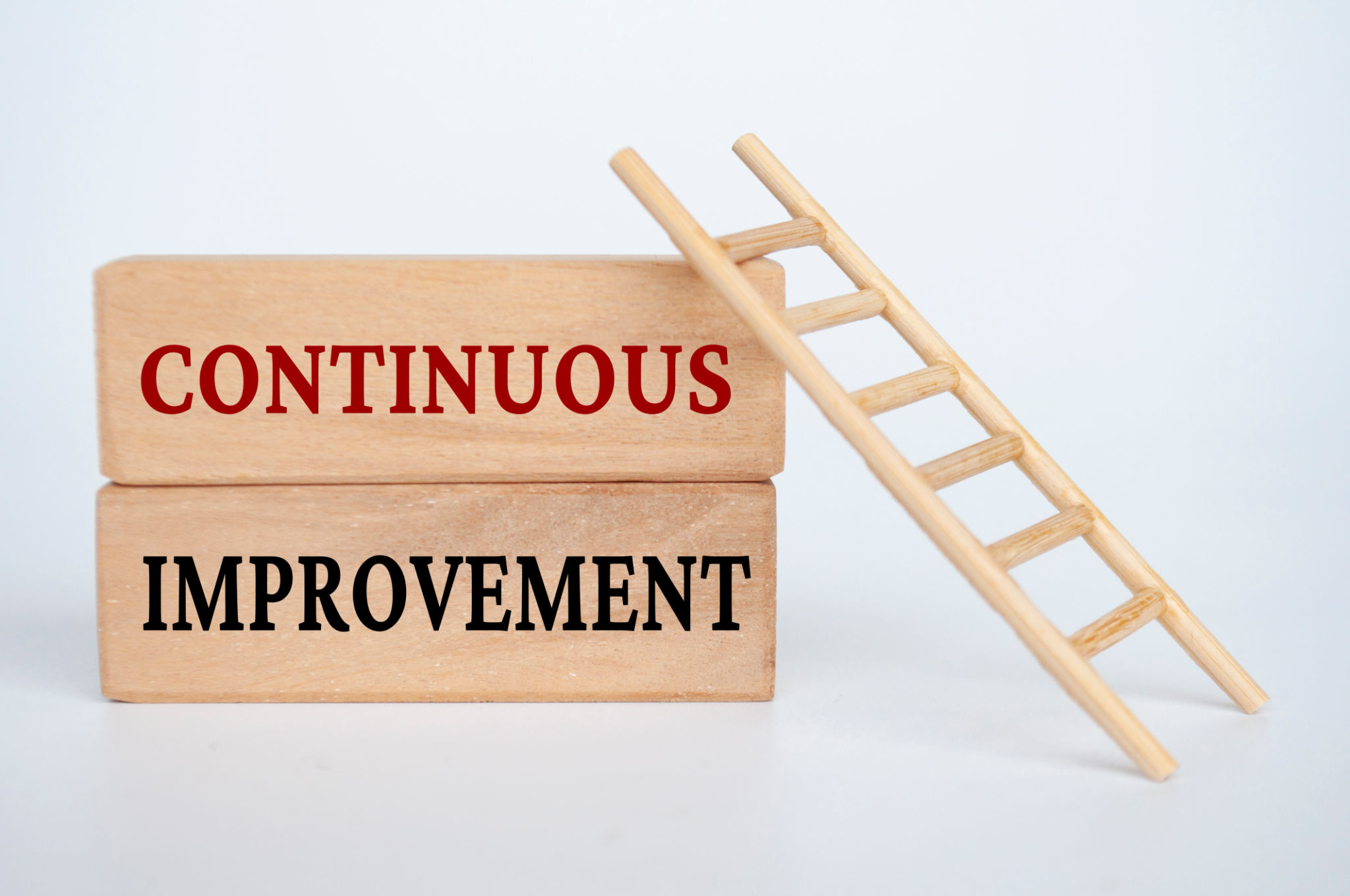Optimizing Supply Chain Management for Long-term Success
Understanding the Importance of Supply Chain Management
Supply chain management is the backbone of any business that deals with production and distribution. It involves the oversight of materials, information, and finances as they move from supplier to manufacturer to wholesaler to retailer to consumer. Effective supply chain management can significantly enhance a company's efficiency, reduce costs, and improve customer satisfaction.

For long-term success, organizations must focus on optimizing their supply chain processes. This not only helps in meeting consumer demands efficiently but also provides a competitive edge in a rapidly changing market. Let's dive into some key strategies for optimizing your supply chain management.
Enhancing Visibility Across the Supply Chain
One of the primary steps towards optimization is enhancing visibility throughout the supply chain. This involves tracking every aspect of the supply chain process, from procurement to delivery. By having a clear view of each phase, businesses can anticipate potential disruptions and address them proactively.
Implementing advanced technologies such as IoT (Internet of Things) and AI (Artificial Intelligence) can aid in real-time data collection and analysis. These technologies provide insights that are crucial for making informed decisions and improving supply chain efficiency.

Utilizing Advanced Technologies
Integrating technology into supply chain management is no longer optional but necessary for staying competitive. Tools like blockchain can enhance transparency and security in transactions, while machine learning algorithms can predict demand trends and optimize inventory levels.
Moreover, automation plays a significant role in reducing manual labor and minimizing errors. Automated systems can handle repetitive tasks such as order processing and inventory management, allowing human resources to focus on more strategic activities.
Building Strong Supplier Relationships
The strength of your supplier relationships can directly impact the efficiency of your supply chain. Building strong, collaborative relationships with suppliers ensures a smooth flow of materials and reduces the likelihood of disruptions.
Regular communication and transparency with suppliers are key to fostering trust and collaboration. Consider implementing performance metrics and regular reviews to ensure that both parties are meeting expectations and working towards common goals.

Focusing on Sustainability
Sustainability is becoming an increasingly important aspect of supply chain management. Consumers are more aware of environmental impacts, and businesses are being held accountable for their carbon footprint. By adopting sustainable practices, companies can not only reduce their environmental impact but also enhance their brand reputation.
Sustainable practices might include optimizing transportation routes to reduce emissions or sourcing materials from eco-friendly suppliers. These efforts contribute to a more resilient supply chain capable of adapting to regulatory changes and consumer preferences.
Continuous Improvement and Adaptability
Optimization is an ongoing process. Businesses must be agile and ready to adapt to changes in the market and technology advancements. Regularly reviewing supply chain processes and seeking areas for improvement can lead to significant gains in efficiency and cost savings.
Encouraging a culture of continuous improvement within your organization ensures that everyone is focused on enhancing processes. Employee training and development programs can also equip your team with the skills needed to implement innovative solutions effectively.

The Road Ahead
The future of supply chain management is dynamic and full of opportunities for those willing to embrace change. By focusing on visibility, technology integration, strong partnerships, sustainability, and continuous improvement, businesses can create a robust supply chain that drives long-term success.
Optimizing supply chain management requires commitment and strategic planning, but the rewards are substantial. Companies that excel in this area will find themselves better equipped to meet customer demands, adapt to market changes, and achieve sustained growth.
